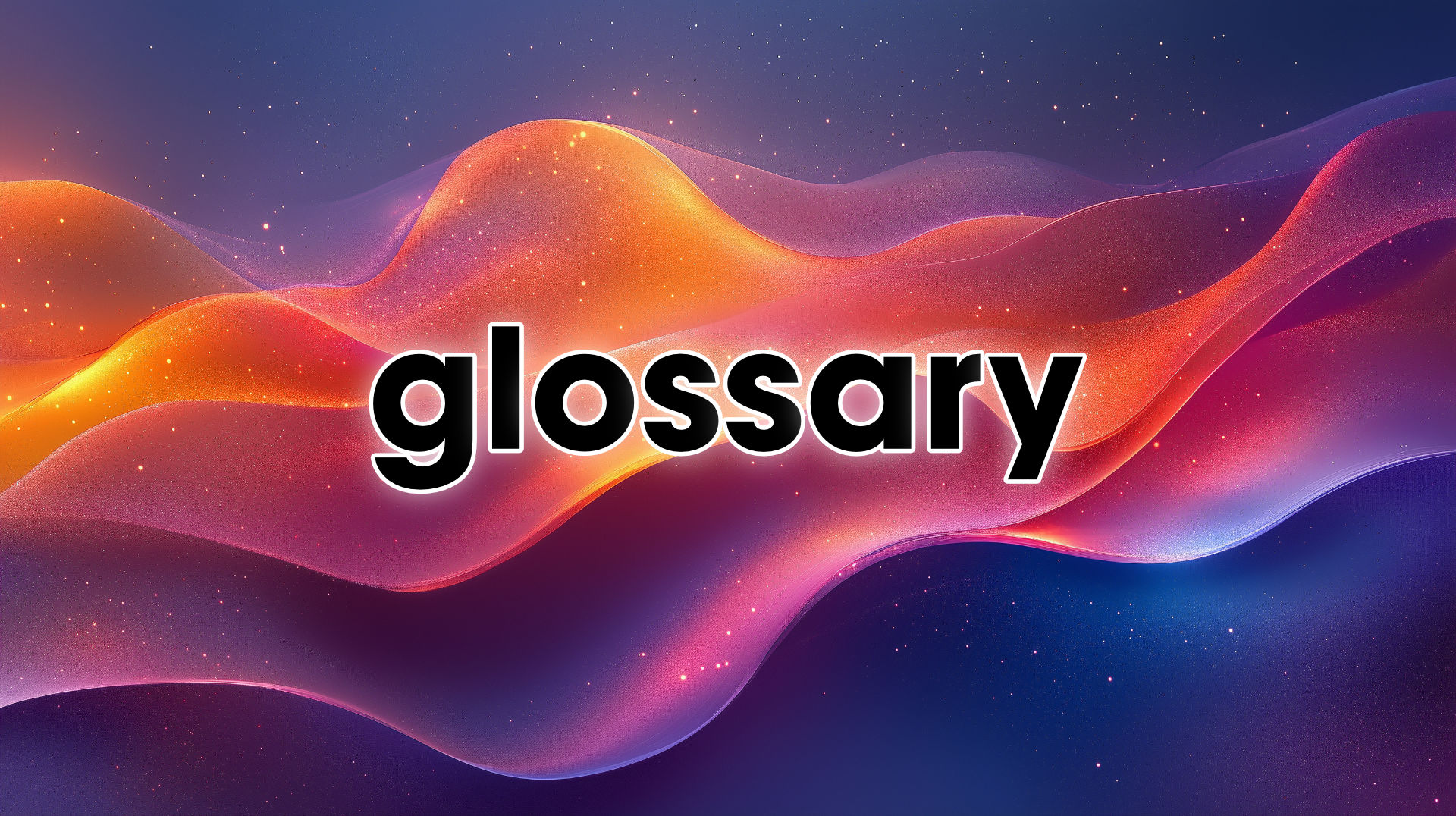Smart Speaker
A smart speaker is a voice-activated device that plays music, answers questions, and controls other smart home gadgets using built-in digital assistants like Alexa, Siri, or Google Assistant. It’s like a helpful roommate who listens and gets stuff done.
Detailed Smart Speaker Explanation
What It Is
Think of a smart speaker as the heart of your modern home—a sleek, compact gadget that blends entertainment, convenience, and control into one. Whether it’s an Amazon Echo Dot perched on your kitchen counter, a Google Nest Mini by your bedside, or an Apple HomePod in your living room, these devices do way more than just play your favorite tunes. They’re your personal assistant, weather reporter, and smart home commander all rolled into one. For beginners dipping into smart tech or design-savvy folks curating a stylish space, smart speakers are an easy entry point to a connected lifestyle. Picture this: you’re potting plants in the backyard, hands covered in soil, and you say, “Hey Google, play some jazz”—instant vibes, no mess.
Smart speakers fit seamlessly into everyday life, from setting the mood with decor-friendly lighting to helping you grow as a person by reading audiobooks or guiding meditations. They’re not just tech—they’re tools for creating a home that’s both functional and fun, whether you’re in a tiny apartment or a sprawling suburban house.
How It Works
At its core, a smart speaker is a Wi-Fi-connected device with a microphone, speaker, and a brain powered by artificial intelligence (AI). You wake it up with a trigger phrase—“Alexa,” “Hey Siri,” or “OK Google”—and it listens for your command. The microphone picks up your voice, sends it to the cloud via your home internet, and the AI processes it to figure out what you want. Need the weather? It pulls data online. Want to dim the lights? It talks to your smart bulbs over the network. The response comes back through the speaker, clear as day.
Most smart speakers rely on their brand’s ecosystem—Amazon’s Alexa, Apple’s Siri, or Google’s Assistant—but newer models are embracing Matter compatibility (yep, that universal standard we covered!) to work across platforms. They often pair with apps for setup and customization, letting you tweak settings or link them to other devices like smart thermostats or gardening sensors. Some even have screens (like the Echo Show) for video calls or recipes, but the classic ones stick to audio. They’re always listening for that wake word, though you can mute them for privacy—a big plus for peace of mind.
Why Smart Speakers Matter
Smart speakers have taken the U.S. by storm, with over 90 million households owning one by 2023, according to Statista. Why? Americans love tech that saves time and adds flair to daily life. In a country where busy schedules rule—think parents in Atlanta juggling work and kids or retirees in Florida perfecting their gardens—smart speakers are a godsend. They’re practical design heroes, letting you control your home without lifting a finger, and they tie into U.S. trends like sustainability (e.g., “Alexa, lower the thermostat to save energy”) and personalization (e.g., custom playlists for every mood).
Culturally, they’ve become a status symbol of sorts—walk into a trendy L.A. loft or a cozy Midwest farmhouse, and you’ll spot an Echo or Nest. Retail giants like Walmart and Target can’t keep them on shelves, especially around holidays when they’re hot gifts. In 2024 alone, sales spiked as brands rolled out Matter-compatible versions, promising better integration with smart home ecosystems—a big deal for Americans upgrading their spaces. Plus, with privacy debates heating up, U.S. consumers appreciate features like mute buttons and data controls, balancing convenience with trust.
Example in Use
“I told my smart speaker, ‘Hey Siri, water the herbs,’ and it triggered my garden sprinkler while I sipped coffee indoors—what a win!”
Common Misconceptions
Not to be confused with Bluetooth speakers—smart speakers need Wi-Fi and an AI assistant, not just wireless audio. Also, they don’t spy 24/7; they only process what follows the wake word.
Related Terms
- Voice Assistant
- Matter Compatibility
- Smart Home Ecosystem

